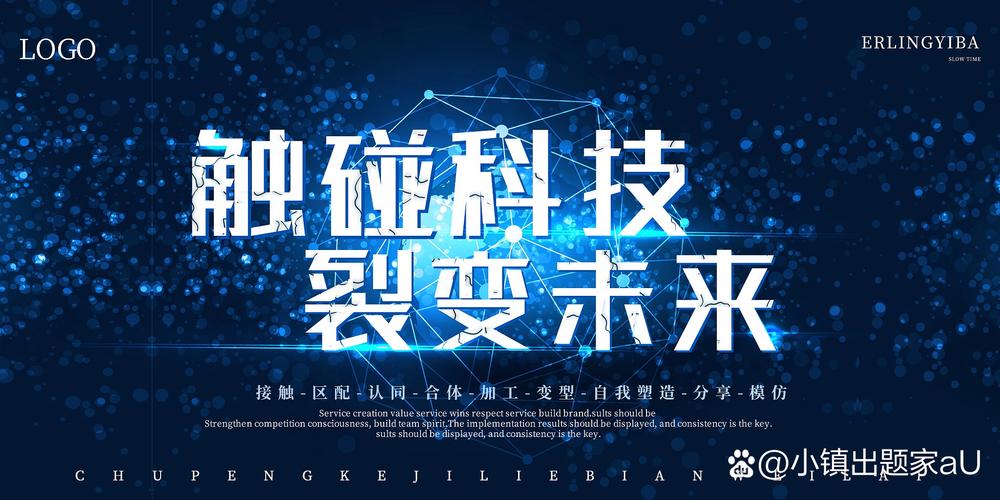The Evolution of Blockchain Technology Development
 summary:
The evolution of blockchain technology development has been a remarkable journey. From its...
summary:
The evolution of blockchain technology development has been a remarkable journey. From its... The evolution of blockchain technology development has been a remarkable journey. From its inception as a distributed ledger system, blockchain has rapidly evolved to become a secure, decentralized platform for digital transactions. This technology has revolutionized various industries, including finance, healthcare, and supply chain management, by enabling secure data exchange and facilitating faster, more transparent transactions. As blockchain continues to mature, we are likely to see further advancements in scalability, interoperability, and security, paving the way for even more widespread adoption.
In recent years, blockchain technology has emerged as a revolutionary innovation that has the potential to transform various industries across the globe. This article will explore the development of blockchain technology and its impact on different sectors.
Introduction
Blockchain is a decentralized, distributed ledger technology that allows multiple parties to have simultaneous access to a constantly updated digital record of transactions. It provides a secure and transparent way to record transactions without the need for a central authority or intermediary. Since its inception in 2008, blockchain technology has undergone significant development and has attracted attention from various industries, including finance, healthcare, supply chain, and more.
Early Development of Blockchain
The early development of blockchain was primarily focused on its application in cryptocurrency, particularly Bitcoin. The first blockchain-based platform, Bitcoin, was introduced in 2009 and has since grown to become a global phenomenon. The initial blockchain architecture was designed to support digital currency transactions and enabled peer-to-peer value transfers without the need for intermediaries. This early development laid the foundation for the evolution of blockchain technology.
Smart Contracts and Smart Contracts Evolution
One of the significant advancements in blockchain technology is the introduction of smart contracts. Smart contracts are self-executing contracts that automatically execute, verify, and enforce contract terms on the blockchain. They enable complex transactions and agreements to be carried out without the involvement of intermediaries, reducing costs and increasing efficiency. The evolution of smart contracts has opened up new avenues for blockchain applications in various industries such as real estate, insurance, supply chain, and more.
Scalability and Interoperability
Scalability and interoperability are two key areas that have attracted significant attention in blockchain technology development. As blockchain systems grow in popularity, the need for scalability becomes crucial to handle high transaction volumes without compromising security or performance. Various solutions have been proposed to address scalability issues, including sharding, layer 2 solutions, and state channels. Interoperability refers to the ability of different blockchain systems to interact with each other, enabling cross-chain transactions and enabling the broader adoption of blockchain technology across various industries.
Privacy and Security
Privacy and security are crucial aspects of blockchain technology development. Blockchain provides a secure and transparent way to store and transfer data, but it's important to ensure that privacy is maintained. Various privacy-enhancing techniques have been developed to protect sensitive information on the blockchain, such as zero-knowledge proofs and ring signatures. Additionally, blockchain's decentralized architecture makes it resistant to single points of failure and enables secure communication between parties without the need for trusted intermediaries.
Impact on Different Industries
The development of blockchain technology has had a significant impact on various industries. The financial sector has been at the forefront of blockchain adoption, with use cases such as cross-border payments, digital currencies, and supply chain financing. Healthcare is another industry that has embraced blockchain technology to improve data management, patient records, and supply chain integrity. Other industries such as supply chain, retail, gaming, and more are also exploring the potential of blockchain technology to revolutionize their operations.
Conclusion
Blockchain technology has undergone significant development in recent years and has the potential to transform various industries across the globe. With advancements in smart contracts, scalability, interoperability, privacy, and security, blockchain is poised to become a key enabling technology for digital transformation. As blockchain continues to mature and gain broader adoption, we will witness more innovative use cases and real-world applications that will drive the next wave of growth and transformation across different industries.

